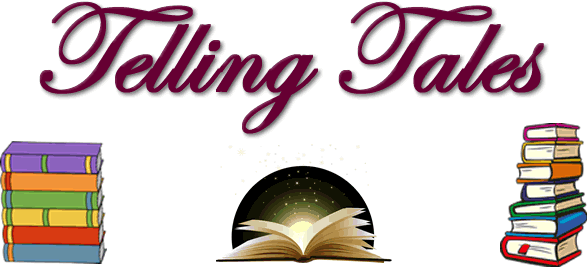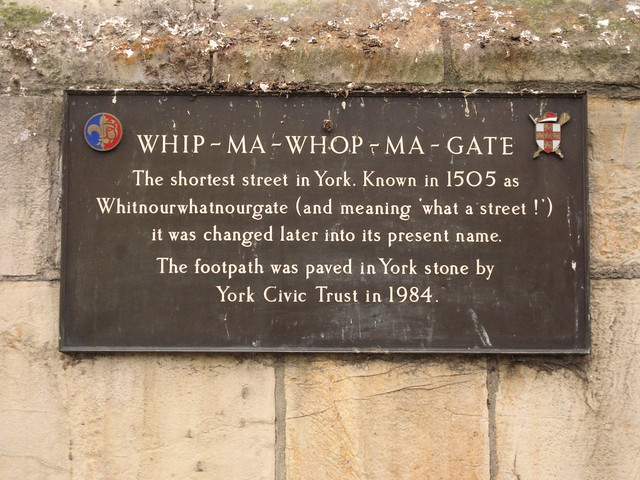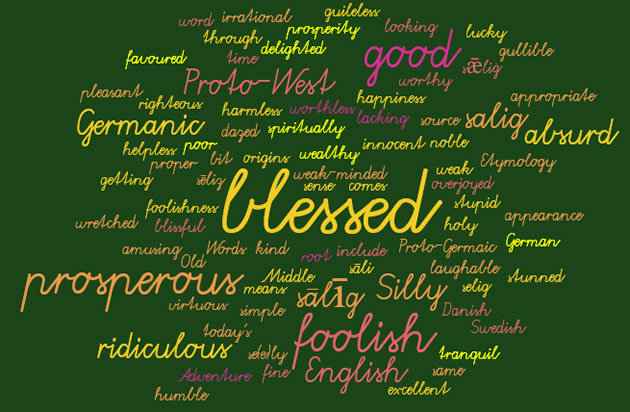Podcast: Play in new window | Download
As today is New Year’s Day, I decided to look at the origins of the words new and year. Happy New Year, by the way.

New [njuː/nu] means:
- recently made, or created
- additional; recently discovered
It comes from the Middle English newe [ˈniu̯(ə)] (new), from the Old English nīewe [ˈni͜yː.we] (new), from Proto-Germanic *niwjaz [ˈniu̯.jɑz] (new), from Proto-Indo-European *néwyos (new), from *néwos (new). [source].
Other English words from the same root include innovate, novice and novel [source].
Year [jɪə/jɪɹ] means:
- the time it takes any astronomical object to complete one revolution of its star
It comes from the Middle English yeer/yere (year), from the Old English ġēar [jæ͜ɑːr] (year), from the Proto-Germanic *jērą [ˈjɛː.rɑ̃] (year), from the Proto-Indo-European *yóh₁r̥ (year) [source].
Words from the same root, via the Latin hōra (hour, time, o’clock, season), include: hora (hour, time, period) in Spanish, ora (hour, time) in Italian, heure (hour, time, o’clock) in French, and hour in English [source].
Here’s a video I made of this information:
Video made with Doodly – an easy-to-use animated video creator [affiliate link].
I also write about words, etymology, and other language-related topics, on the Omniglot Blog, and I explore etymological connections between Celtic languages on the Celtiadur.
You can also listen to this podcast on: Apple Podcasts, Amazon Music, Stitcher, TuneIn, Podchaser, PlayerFM or podtail.
If you would like to support this podcast, you can make a donation via PayPal or Patreon, or contribute to Omniglot in other ways.









